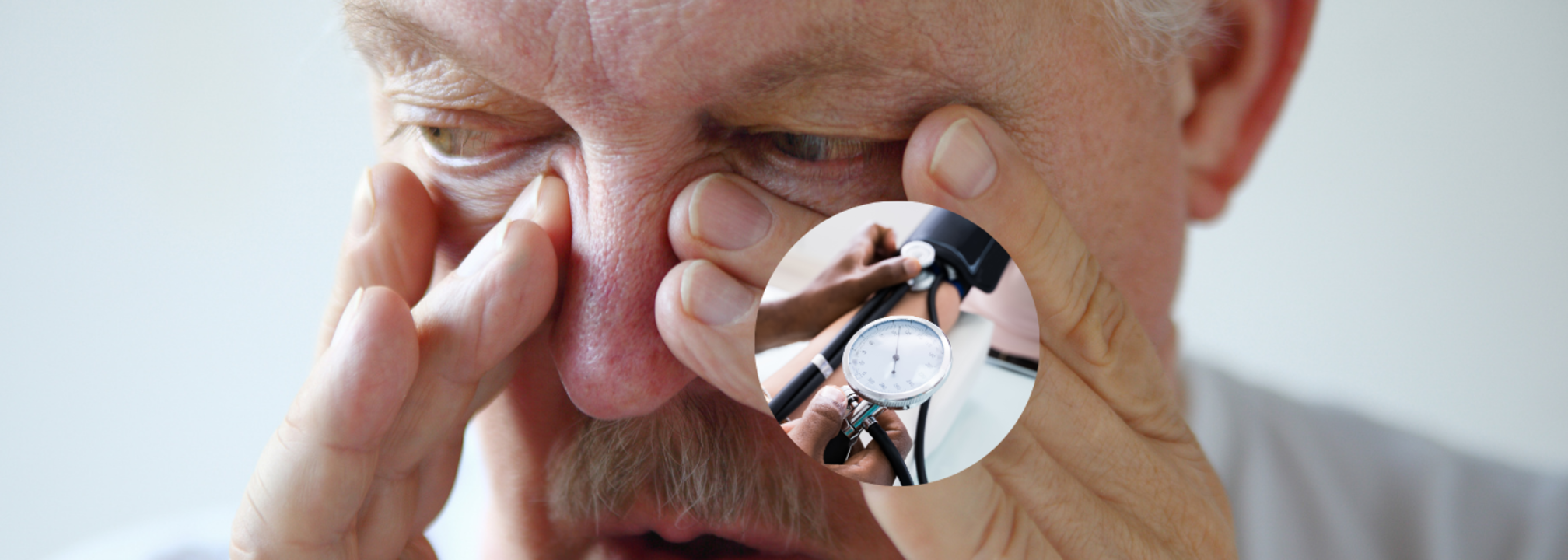Decongestants Aren't Always Safe: NHS Warning Urges Brits To Avoid Common Medication- Tips To Manage Nasal Congestion

Decongestants Aren't Always Safe: NHS Warning Urges Brits To Avoid Common Medication- Tips To Manage Nasal Congestion
SummaryThe NHS warns Brits with high blood pressure, diabetes, or other health conditions to avoid decongestants, citing risks. Safer alternatives and proper consultation ensure effective, risk-free symptom management.
End of Article
